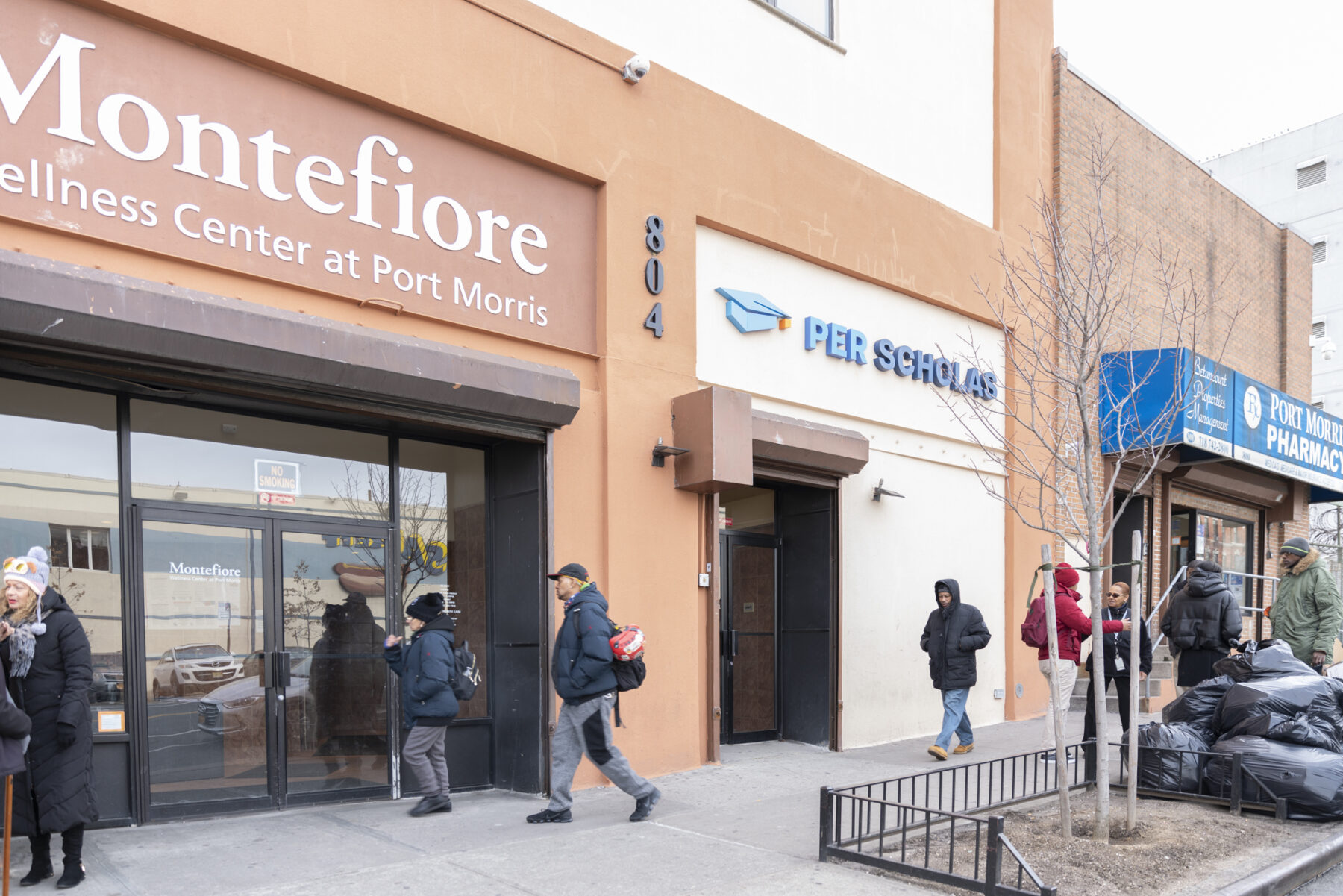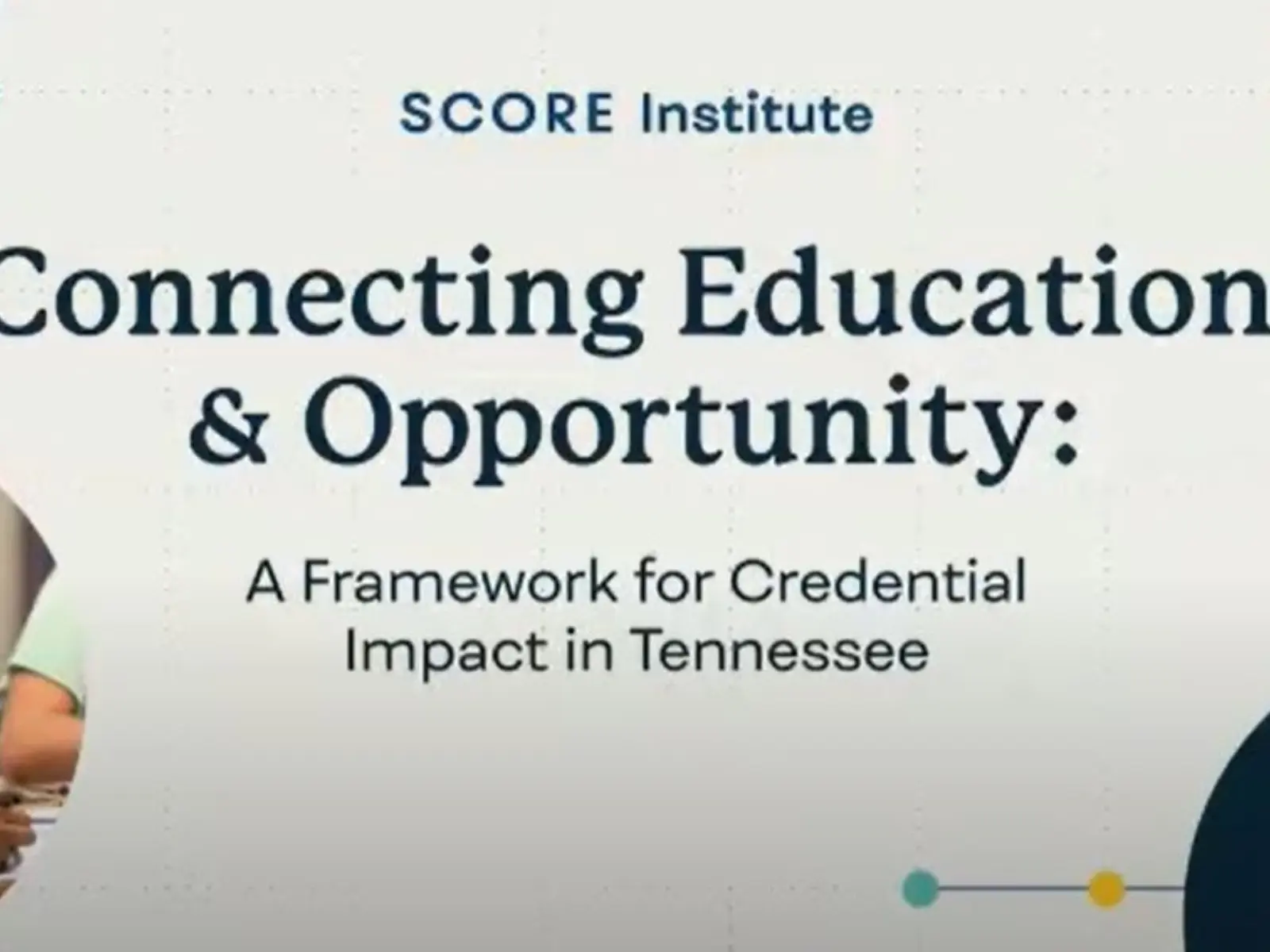With funding from the American Rescue Plan Act dedicated to workforce training, and a growing need for trained workers due to job creation from the Bipartisan Infrastructure Law, state governments across the country are in an urgent search for evidence-based workforce training programs.
Research organization MDRC released updated seven-year findings this week on WorkAdvance, a set of four workforce training programs, and one stood out among the rest. Per Scholas, a well-studied IT workforce training program, continues to show that those who were participating substantially out-earned their peers who were not – by 14 to 20% over the course of the study.f1

Located in major cities throughout the United States, Per Scholas provides tuition-free training to unemployed or underemployed adults to prepare them for careers in information technology. Once accepted, students must attend class eight hours a day for at least 15 weeks and be prepared for up to 20 hours of homework at night. Classwork involves hands-on training in a supportive environment coupled with the hope of a new career. In 2019, Per Scholas placed 450 graduates in its New York program location into technology positions at organizations like Barclays and Bank of America.
With findings reproduced across different studies and over several years, the research suggests that Per Scholas can be successfully replicated on a wider scale.
“We have the model here in place. It works. We know it can scale,” said Abe Mendez, who runs the Per Scholas New York facility. With support from Arnold Ventures and others, Per Scholas has already expanded to 20 locations in recent years.
Workers in Need
The identification of evidence-based workforce training programs is especially timely as states receive funding from the American Rescue Plan Act (ARPA) set aside specifically for such programs to help Americans get on their feet during the COVID-19 pandemic.
According to the Pew Research Center, approximately 9.6 million U.S. workers ages 16 to 64 lost their jobs during the pandemic, based on averages of the first three quarters of 2019 and the first three quarters of 2020.
Coupled with job loss, earning power has also declined in recent years. A paper by the National Bureau of Economic Research cites how far American workers’ earnings have fallen relative to previous generations: of those workers born in the late 1980s, only 44% out-earn their parents, down from 90% for those born in 1940. Effective workforce training can not only boost earnings, it can also grow the economy and help the U.S. maintain global competitiveness. As former Federal Reserve Board Chairman Ben Bernanke has said, “No economy can succeed without a high-quality workforce, particularly in an age of globalization and technical change.”
Legislation Creating Support — and Demand
Within ARPA, the U.S. Economic Development Administration last year issued the “Good Jobs Challenge,” one of six programs that made $500 million available for workforce training and sectoral partnerships. More than 500 organizations applied for funding, and 25 to 30 grants will be awarded.
In addition, the implementation of the $1.2 trillion Bipartisan Infrastructure Law, also called the Infrastructure Investment and Jobs Act, will create a need for skilled workers across diverse industries such as transportation, manufacturing, construction, clean energy, and environmental remediation. Each of these fields will need an influx of trained workers. Said Amanda Moderson-Kox, director of Evidence-Based Policy at Arnold Ventures, “Americans in every state deserve access to a proven-effective program like Per Scholas, which delivers results and enables workers to access jobs with a path to the middle class.”
State Support to Invest Wisely
To help states choose evidence-based programs, the National Conference of State Legislature’s (NCSL) Center for Results-Driven Governing recently issued an evidence brief recommending scalable, evidence-based workforce solutions, including Per Scholas. The brief is first in NCSL’s “Investing in What Works” series.
Mark Elliott, president of the Economic Mobility Corporation, a research organization known for its rigorous evaluations of workforce development programs, is deeply familiar with Per Scholas and others like it. “These programs are providing a pathway to opportunity for participants who have all the talent in the world,” he said. The vast majority of the participants in these programs are African American or [Latino/Hispanic] — 80 to 90% are nonwhite. Many of them have tried college, and it has not worked out for them, for all kinds of reasons. Having other options, especially these high-performing ones that have been shown to make a difference, is essential. We just need a lot more of them.”



